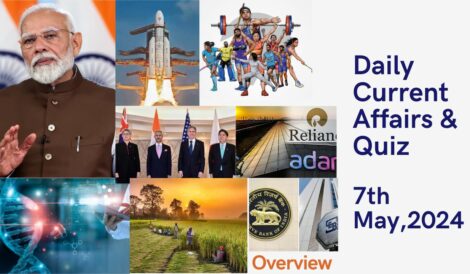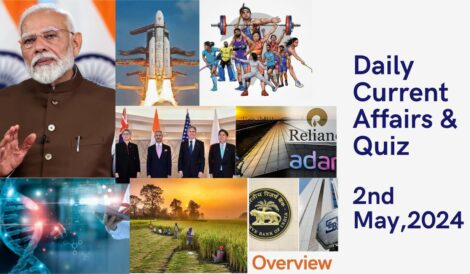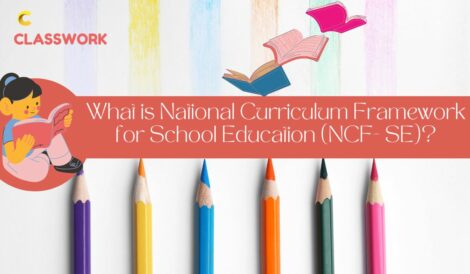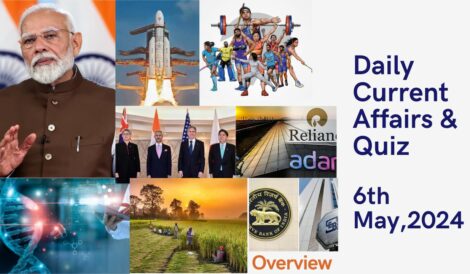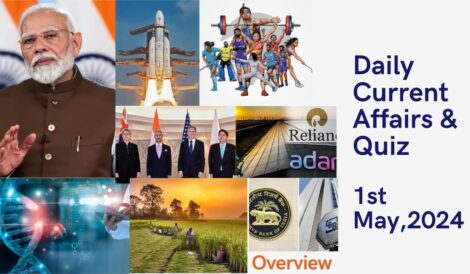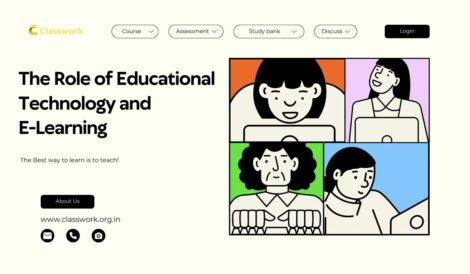- Posted on
- No Comments
Navigating the National Education Policy 2020: A Comprehensive Guide for Teachers and Education Staff
India’s National Education Policy (NEP) 2020 represents a pivotal moment in the nation’s educational landscape, aiming to revolutionize the system to meet the demands of the 21st century. For educators and school staff, grasping and implementing the NEP 2020’s key provisions is essential for fostering holistic development and preparing students for the future’s challenges and opportunities. This comprehensive handbook delves into the NEP 2020’s main features and offers practical advice and strategies for educators and school staff to effectively integrate its principles into their practices.
Understanding the National Education Policy 2020:
The NEP 2020 envisions an education system centered on students, emphasizing holistic, flexible learning that encourages critical thinking, creativity, and innovation. It champions equitable access to quality education for all by supporting access to primary and preprimary education in local languages like Hindi, Bengali, Gujarati, Tamil, etc. with a focus on inclusivity and sustainability.
Key highlights of the NEP 2020 include:
Early Childhood Care and Education (ECCE) – Prioritizing early childhood education and ensuring universal access to quality ECCE programs for children aged 3 to 6.
Foundational Literacy and Numeracy – Emphasizing foundational literacy and numeracy skills in the early years to ensure all children achieve proficiency in reading, writing, and mathematics by Grade 3.
Curriculum and Pedagogy Reforms – Encouraging curriculum and pedagogical changes to promote multidisciplinary, experiential learning, reducing reliance on rote memorization, and fostering critical thinking and problem-solving skills.
Teacher Training and Professional Development – Enhancing teacher training and professional development programs to equip educators with the skills and knowledge necessary to deliver effective and inclusive education.
Vocational Education and Skill Development – Integrating vocational education and skill development programs into mainstream education to equip students with employable skills and enhance their career readiness.
Technology Integration – Leveraging technology to enhance teaching and learning outcomes, facilitate personalized learning experiences, and bridge the digital divide.
Practical Strategies for Implementation:
Curriculum Design and Adaptation: Align curriculum design and teaching methodologies with the NEP 2020 principles, emphasizing interdisciplinary learning, project-based assessments, and competency-based education.
Inclusive Practices: Implement inclusive teaching practices to accommodate diverse learning needs and abilities, ensuring all learners have equitable access to education.
Professional Development: Engage in ongoing professional development to stay abreast of educational trends, methodologies, and technologies, enhancing effectiveness as an educator.
Collaborative Learning Communities: Foster collaborative learning communities within schools to encourage peer learning, sharing best practices, and solving problems collectively.
Parent and Community Engagement: Build positive relationships with parents and the wider community to support student learning and well-being, leveraging their expertise, resources, and support networks.
Assessment and Feedback: Rethink assessment practices to focus on holistic evaluation methods that assess academic achievement, skills, competencies, and attitudes essential for success in the 21st century.
Conclusion:
Embracing the vision and objectives of India’s National Education Policy 2020 is vital for driving transformative change and creating a future-ready education system. By adopting learner-centric approaches, fostering inclusivity, and collaborating with stakeholders, educators and school staff can empower students to thrive in an increasingly complex world. Let us embark on this journey together, guided by the NEP 2020’s vision, to ensure every learner receives the quality education they deserve, unlocking their full potential and contributing to the nation’s socio-economic development.



